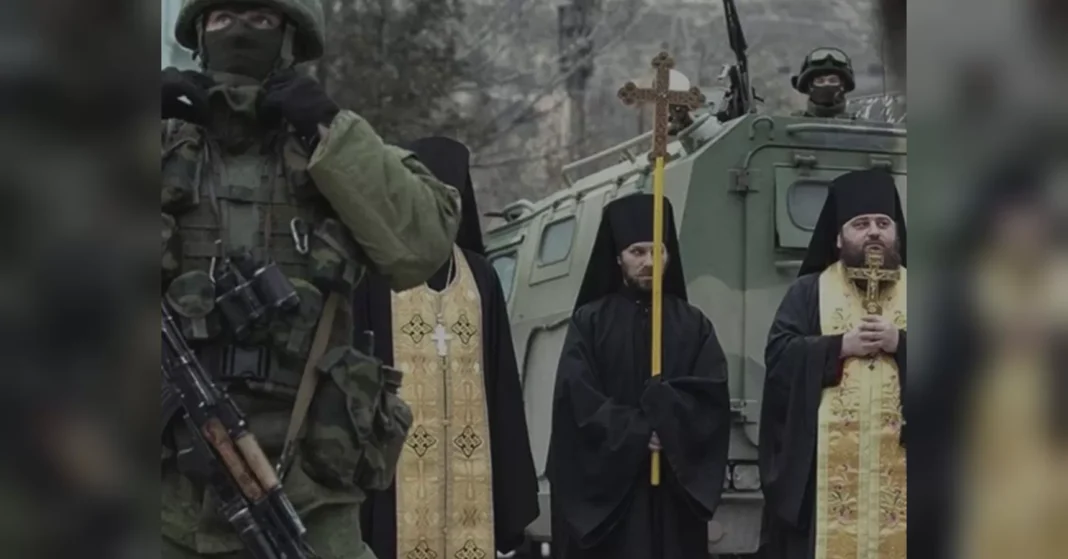In recent years, there has been a growing trend in Russia to promote the concept of the «Russian world» from childhood. This idea, also known as «Russkiy Mir» in Russian, refers to the cultural and linguistic unity of all Russian-speaking people around the world. It is often used as a tool for political and cultural influence, with the aim of strengthening Russia’s position on the global stage.
The promotion of the «Russian world» begins at a young age, with the education system playing a crucial role. In schools, children are taught about the rich history and traditions of Russia, as well as the importance of the Russian language. They are also exposed to literature, music, and art that celebrate the country’s cultural heritage. This early exposure to the concept of the «Russian world» instills a sense of pride and belonging in young minds, creating a strong foundation for future generations.
But it’s not just in schools where the promotion of the «Russian world» takes place. Popular culture also plays a significant role in spreading this idea. Russian pop stars, actors, and other celebrities often use their platforms to promote the country’s culture and values. They showcase traditional Russian clothing, music, and dance, and proudly speak about their heritage. This not only appeals to the younger generation but also reinforces the idea of the «Russian world» to a wider audience.
Furthermore, the government has also taken steps to promote the «Russian world» through various initiatives and programs. One such example is the «Russian World» Foundation, which was established in 2007 by the Russian government to promote the country’s language and culture abroad. The foundation organizes events, supports Russian language schools, and provides scholarships for foreign students to study in Russia. This not only helps to spread the idea of the «Russian world» but also strengthens ties with other countries and promotes cultural exchange.
The promotion of the «Russian world» is not limited to Russia alone. It extends to other countries with significant Russian-speaking populations, such as Ukraine, Belarus, and Kazakhstan. These countries are seen as part of the «Russian world» and are encouraged to maintain close cultural and linguistic ties with Russia. This is evident in the efforts to promote the use of the Russian language in these countries, as well as the celebration of Russian holidays and traditions.
Some may argue that the promotion of the «Russian world» is a form of propaganda, aimed at glorifying Russia and its government. However, the concept itself is not inherently negative. It celebrates the rich cultural heritage of the Russian people and promotes unity among Russian speakers worldwide. It also serves as a way to preserve and protect the Russian language, which is an essential part of the country’s identity.
Moreover, the promotion of the «Russian world» can have positive effects on the younger generation. It instills a sense of pride and belonging in their cultural identity, which can help combat the negative effects of globalization and Western influence. It also encourages young people to learn more about their country’s history and traditions, fostering a deeper understanding and appreciation for their culture.
In conclusion, the promotion of the «Russian world» from childhood is a way to preserve and promote the country’s cultural heritage and language. It is a positive and inclusive concept that celebrates the unity of Russian-speaking people around the world. By instilling a sense of pride and belonging in the younger generation, it helps to strengthen Russia’s position on the global stage and promote cultural exchange.

